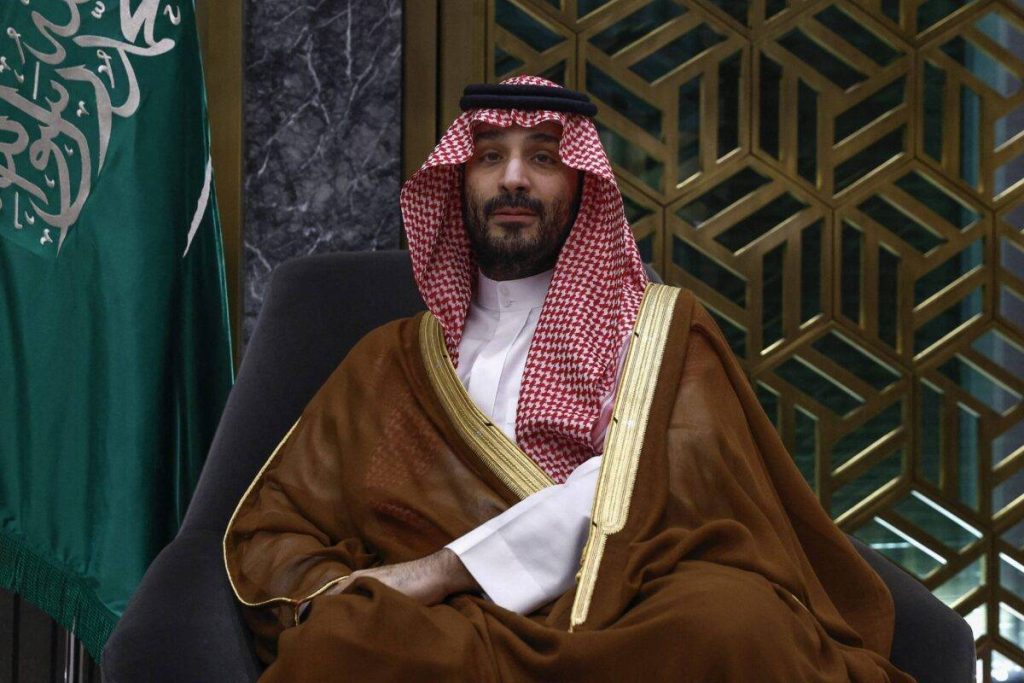The Prince of Saudi Arabia, Mohammed Bin Salman, and Egypt’s President Abdel Fattah Al-Sisi agreed to deepen trade and investment cooperation and urged a ceasefire in Gaza and Lebanon during talks held in Cairo on Tuesday.
Egypt’s presidential office announced that the leaders signed a mutual investment protection agreement, alongside an accord to establish a supreme coordination council aimed at enhancing bilateral cooperation between Riyadh and Cairo.
The meeting follows speculation about potential Saudi investments in Egypt, which has attracted significant external funding this year, including a record $35 billion deal with UAE’s sovereign wealth fund, ADQ.

This visit marks the Crown Prince’s first official trip to Egypt since 2022. While Saudi Arabia has previously provided direct financial aid to Egypt under Sisi’s leadership, the kingdom has signalled a shift towards investment-led support instead.
In a statement, the Egyptian presidency highlighted the leaders’ discussions on expanding economic partnerships, particularly in sectors like energy, transport, tourism, and trade. The goal is to achieve deeper economic integration between the two nations.
The leaders also addressed regional issues, focusing on the escalating situations in Gaza and Lebanon. They urged steps to achieve calm and establish a ceasefire in both regions.
Following the discussions, Egypt’s sovereign dollar bonds saw gains, with longer-dated bonds showing the most significant increases. By 1128 GMT, the 2059 bond maturity rose by 1.73 cents, trading at 77.80 cents on the dollar.
Last month, Egypt’s Prime Minister revealed that Saudi Arabia plans to invest $5 billion independently from the funds already deposited by the Gulf state in Egypt’s Central Bank. The prospective investments may target tourism developments along Egypt’s Red Sea coast and in southern Sinai, areas situated opposite Saudi Arabia.
As Egypt grapples with an economic crisis marked by record inflation, rising debt, and currency devaluation over the past two years, it continues to seek substantial foreign investments to stabilise its economy.

